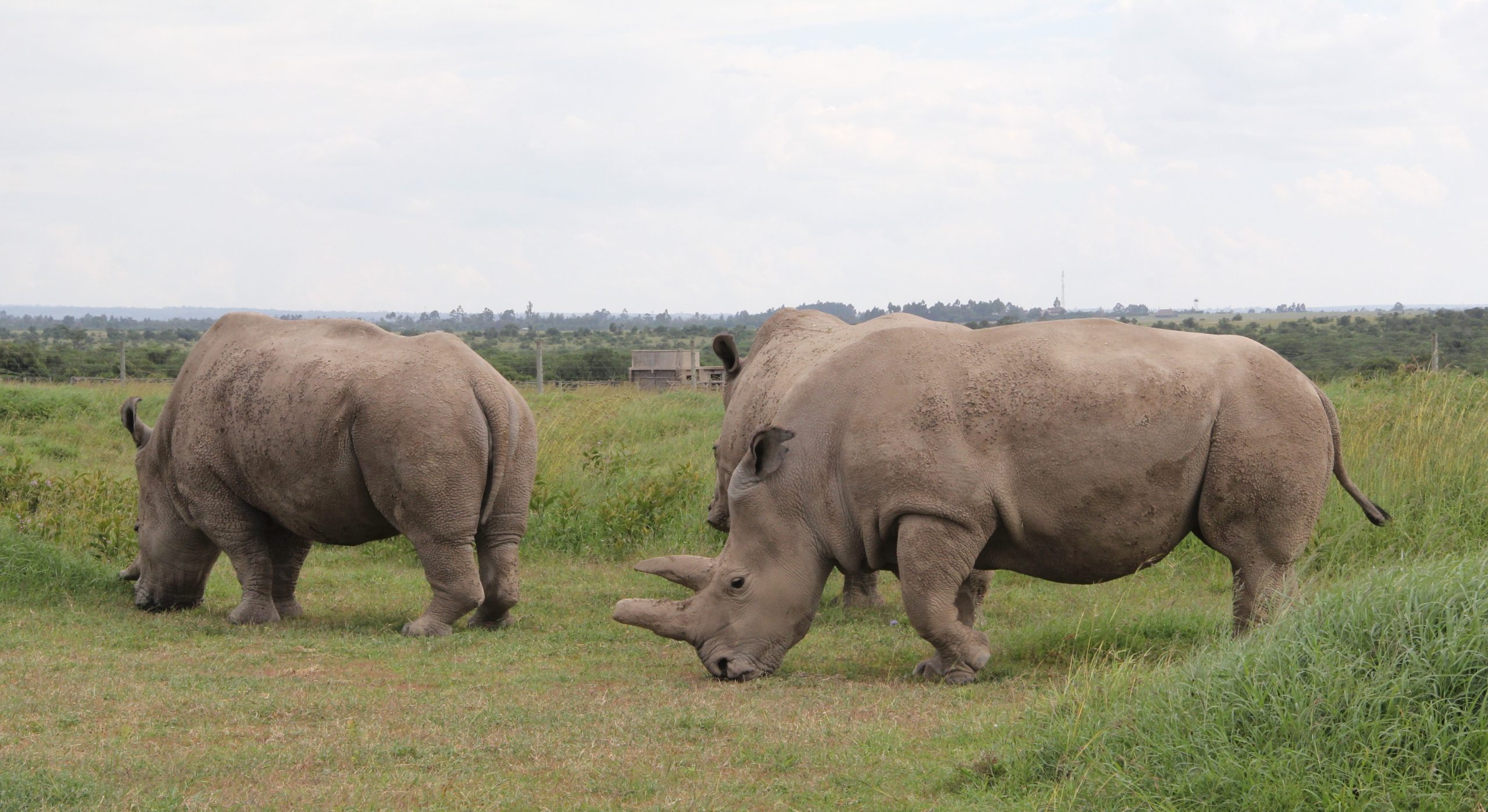Following successful anti-poaching measures of the endangered black rhinos in Kenya that have seen the population increase, conservationists are now grappling with finding new ecological spaces to translocate them.
Ol Pejeta Conservancy Head of Research and Species Conservation Samuel Mutisya in an interview with the media said that the black rhino population is growing at a very high rate and there is an urgent need for space to support the endangered species.
“We have successful stories relative to others in Africa on stemming poaching of the rhinos. The numbers are growing rapidly and now, we are in dire need for new space to accommodate the growing population,” said Mutisya.
He said that Kenya requires enough space that can accommodate at least 500 black rhinos in the next five years. This move is aimed at ensuring that the species continues to breed.
“Kenya requires new land to house at least 500 rhinos in the next five years and this is something that must be done if this population has to grow,’’ urged the conservationist.
Mutisya said that key sanctuaries in Kenya have already reached their carrying capacity and at the same time revealed that Ol Pejeta had an excess of 40 black rhinos as opposed to its normal supporting rate of 120.
“Ol Pejeta Conservancy through scientific research, hosts 120 rhinos without compromising their ability to continue growing and by now, we have surpassed by 40 rhinos. There is demand for us to work together and secure more territories for the critically endangered species,” said Mutisya.
Head of Community Programmes Ian Muiruri lauded the residents for their commitment in conserving the endangered species by noting they had not reported any incident of poaching in the past six years.
“In the last six years, we haven’t had any incident of poaching, thanks to our community who give intelligence to the conservancy and their commitment to conservation. They have fostered good relationships with the park,” said Muiruri.
Meanwhile, translocation of the rhinos is a very sensitive affair since they are sedated and revived thereafter which poses greater danger to the species.
In 2018, eight rhinos died as they were being moved from Nairobi and Nakuru National Parks to Tsavo East National Park, which was a major blow to the conservation efforts.





